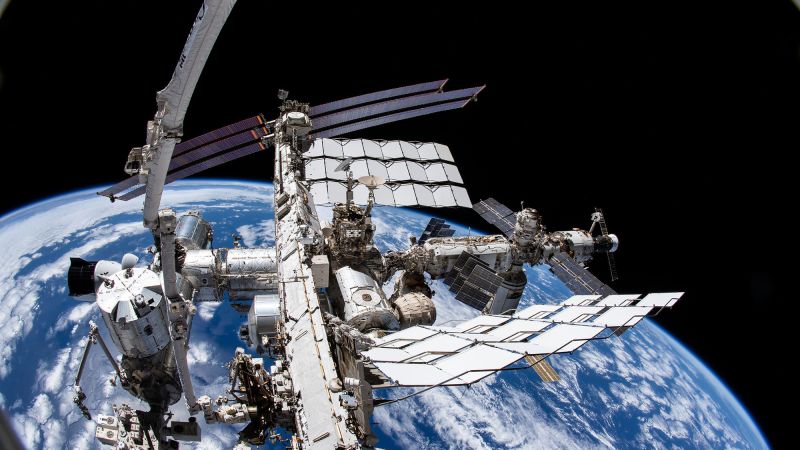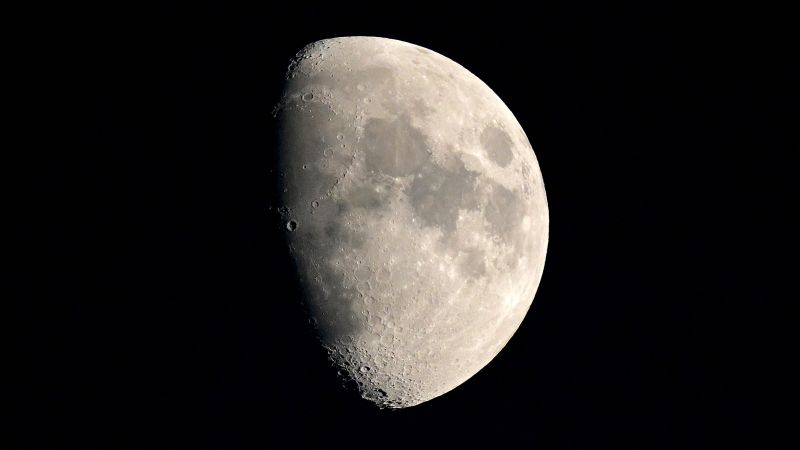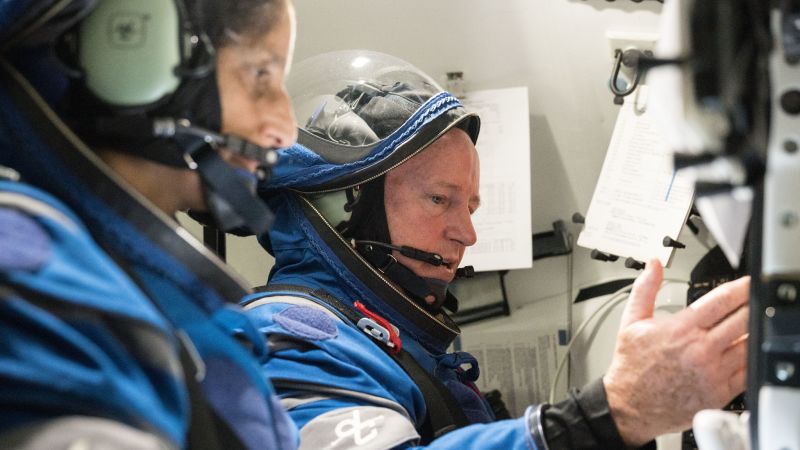
Impact of Space Travel on Stem Cell Aging Revealed in Recent Study
Opinion | 9/5/2025
A recent study has unveiled that human stem cells experience accelerated aging in space, shedding light on the potential impacts of space travel on biological processes. The research indicates that exposure to the space environment triggers a faster aging process in specific stem cells, raising concerns about the physiological effects astronauts may encounter during extended space missions.
The study, which delved into the effects of spaceflight on human biology, underscores the importance of comprehending how the space environment influences cellular functions. Researchers observed that stem cells subjected to microgravity conditions exhibited signs of advanced aging compared to their Earth-bound counterparts. This revelation emphasizes the need for further investigation into the mechanisms through which space conditions accelerate cellular aging.
In response to these findings, a biological expert noted, “The implications of accelerated stem cell aging in space are significant, as they could impact the long-term health of astronauts and the feasibility of future deep-space missions.” The study’s results highlight the intricate interplay between space environments and human biology, prompting a reevaluation of the potential challenges posed by extended space exploration.
Moreover, the observed phenomenon of stem cell aging in space underscores the necessity of developing countermeasures to mitigate the negative effects on astronauts’ health. Understanding how space conditions influence cellular aging could pave the way for innovative strategies to safeguard astronaut well-being during prolonged space missions, ensuring the feasibility and safety of future endeavors beyond Earth.
As space agencies and researchers delve deeper into the complexities of space travel, the study’s findings serve as a crucial foundation for advancing our knowledge of the biological implications of extended space missions. By unraveling the mechanisms through which stem cells age faster in space, scientists aim to enhance astronaut health and well-being, ultimately facilitating the exploration of distant frontiers beyond our planet.


